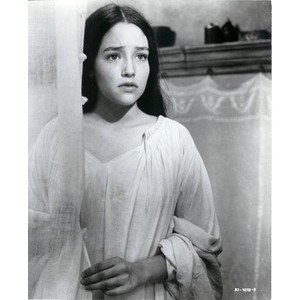Τελευταία Νέα
Assignment 2 : Patriarchal power and the position of women
- Πληροφοριακά Στοιχεία
- Κατηγορία: Τελευταία Νέα
- Δημοσιεύθηκε : Κυριακή, 13 Μάρτιος 2016 19:37
- Γράφτηκε από τον/την Super User
- Εμφανίσεις: 328

The patriarchal infuence and power structure inherent in Renaissance families, wherein the father controls the action of all other family members, particularly women, places Juliet in an extremely vulnerable position.
Juliet is not yet fourteen years old and yet she is pressured to think about Paris as a husband before she has even begun to think about marriage at all. Her heart, in her family’s mind, is not hers to give. She has no power of choice over her own life whatsoever.
Lady Capulet, herself a woman who married at a young age, offers complete support for her husband’s plan for their daughter. Juliet admits just how powerful the influence of her parents is and dutifully replies that she will look upon Paris at the feast and try to like him. The law and the emphasis on social civility demands of her, terms of conduct with which the blind passion of love cannot comply.
Lord Capulet, at first postpones Paris and Juliet's wedding for two years because Juliet is still too young and then, changes his mind and announces that the wedding will take place in two days' time without taking into consideration Juliet's strong objections.
Juliet's conflict with her parents about whether or not she should marry Paris reveals that, for Juliet, marriage is a way of formally recognizing a shared emotional bond (love). For her parents, however, marriage is a means of securing wealth, status, and stability.
When Romeo and Juliet marry for love, they redefine what marriage is all about in the 16th century (social status, economic security, and pedigree).


